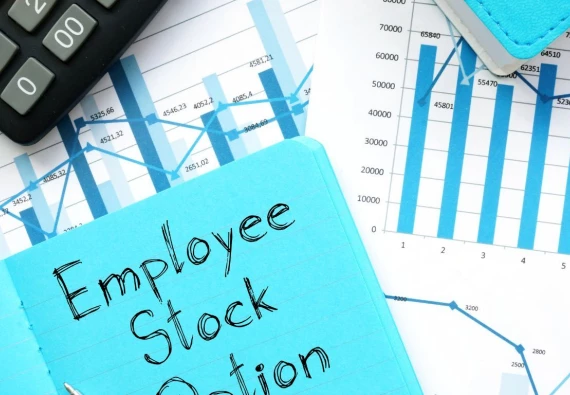An exciting moment for startup founders is when they purchase millions of shares in their new corporation at a price per share of $0.00001 or some other infinitesimal number. It’s exciting because if these shares become worth even $1 per share once they’ve vested, the founders will have seen an incredible return on their investments.
Related: Paying for Founder Shares
But some founders are dismayed to realize once their stock becomes worth millions that a big tax bill is waiting for them, one that could have been avoided at the time they initially purchased the shares with a timely tax election. This election, which is the topic of this post, is known as an 83(b) election.
When founders purchase stock, it is almost always restricted stock that is subject to a vesting schedule. This means that although the founders own these shares, if the founder ever leaves the company, the company can repurchase the shares that have not yet vested.
Tip: The traditional vesting schedule is four years with a one year cliff, where one quarter of the shares will vest on the 1-year anniversary of the vesting commencement date—the “cliff”—and the remaining unvested shares will vest every month until the end of the four year vesting period.
There are important tax implications for startup founders with restricted stock subject to vesting. As a general rule, restricted stock is taxed as ordinary income when it vests. If the value of the restricted stock is increasing as the stock vests over the four year vesting period, which, if the company is successful, will be the case, then there can be a corresponding increase in taxes owed by the founder. However, the stock is illiquid at this point, meaning the founder could have a large tax bill but no way to pay it via the stock.
Fortunately, there is a way to avoid this scenario: namely, by making an 83(b) election. With the 83(b) election, the IRS allows restricted stock recipients to pay taxes on their stock before it vests. Doing this may significantly reduce a founder’s tax bill if the value of the shares ends up having increased at the time of vesting. Of course, if the value of the stock does not increase or if a founder leaves the company before the stock vests, then an 83(b) election may not have the intended effect.






